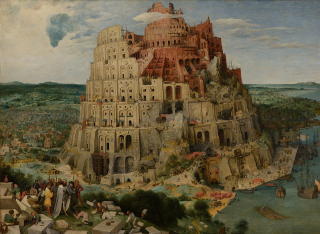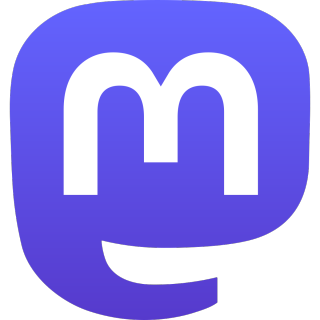The slow-motion collapse of Twitter leaves us all with a question.
Where do we go now?
Twitter was the Internet’s Tower of Babel. It was where everyone came to discuss everything. It wasn’t all about politics. There was finance Twitter, celebrity Twitter, and (perhaps my favorite) soccer Twitter. Companies no longer had to issue press releases. They’d just Tweet, and it would be heard by all those who wanted to listen.
Elon Musk didn’t destroy Twitter. Donald Trump did. As with everything in his life he trivialized it, made it all about him. He used it as a weapon, first against his own party, later against democracy.
Musk completed the process by engaging his own self-destructive tendencies. He has done tremendous damage to his own brand in the process but doesn’t care because his fortune has risen. This is thanks to Tesla, which is fulfilling the ambitions of its most bullish investors by scaling production of electric batteries and cars that use them.

My choice is Mastodon and I’ll tell you why. It’s open source. It’s run by a foundation, which is important. We’ve learned since 2010 that you can’t rely on any company’s open source promises. Companies can renege on those promises. Companies with strong promises can be bought. IBM is just the latest example of this, making its Red Hat Enterprise Linux proprietary by closing its open source version.
In theory, even a foundation can be taken over by folks with nefarious purposes, but groups like The Linux Foundation, Apache and Eclipse have now proven themselves to be strong stewards of code over decades.
Open source code is free to use, free to change, and (depending on the license) can be used as the basis for software that’s sold. There are millions of hands on the code, providing a high and rising platform. This makes it superior to any proprietary system, because only the owner’s employees (and designees) can even see the code.

There are now over 13 million users of Mastodon. The protocol it uses, called ActivityPub, supports nearly a dozen other applications, including Facebook-like social networks, news aggregators, and a version of Reddit. Anyone can sign into a Mastodon instance, anyone can create one, and the policies of the instance are yours to customize.
Mastodon, unlike any other proprietary software, offers us a chance to rebuild this Tower of Babel, or at least build a collection of language groupings that interconnect in a way. That’s the best we can do.











Two days later, Meta’s Threads makes this a silly read.
Two days later, Meta’s Threads makes this a silly read.